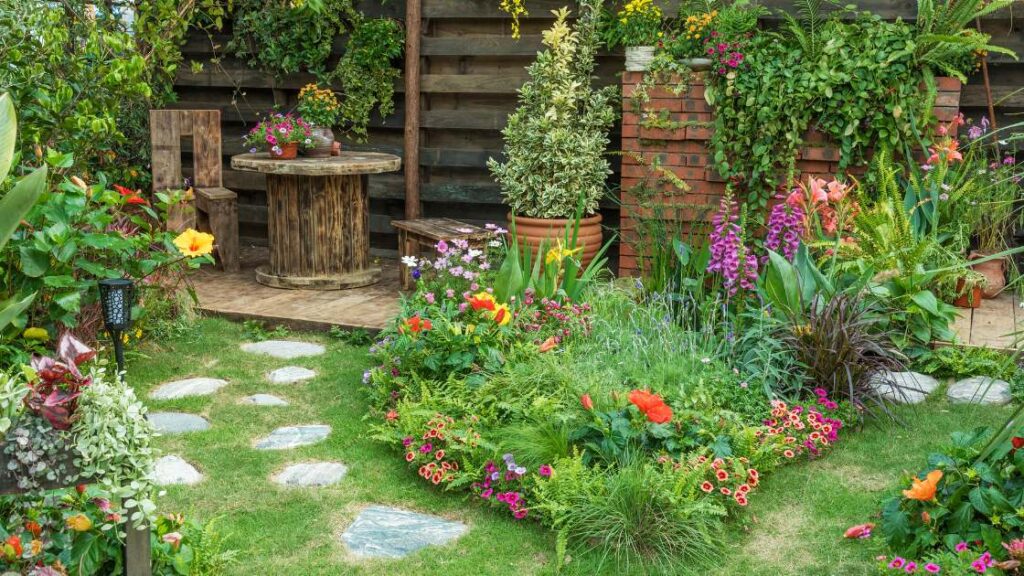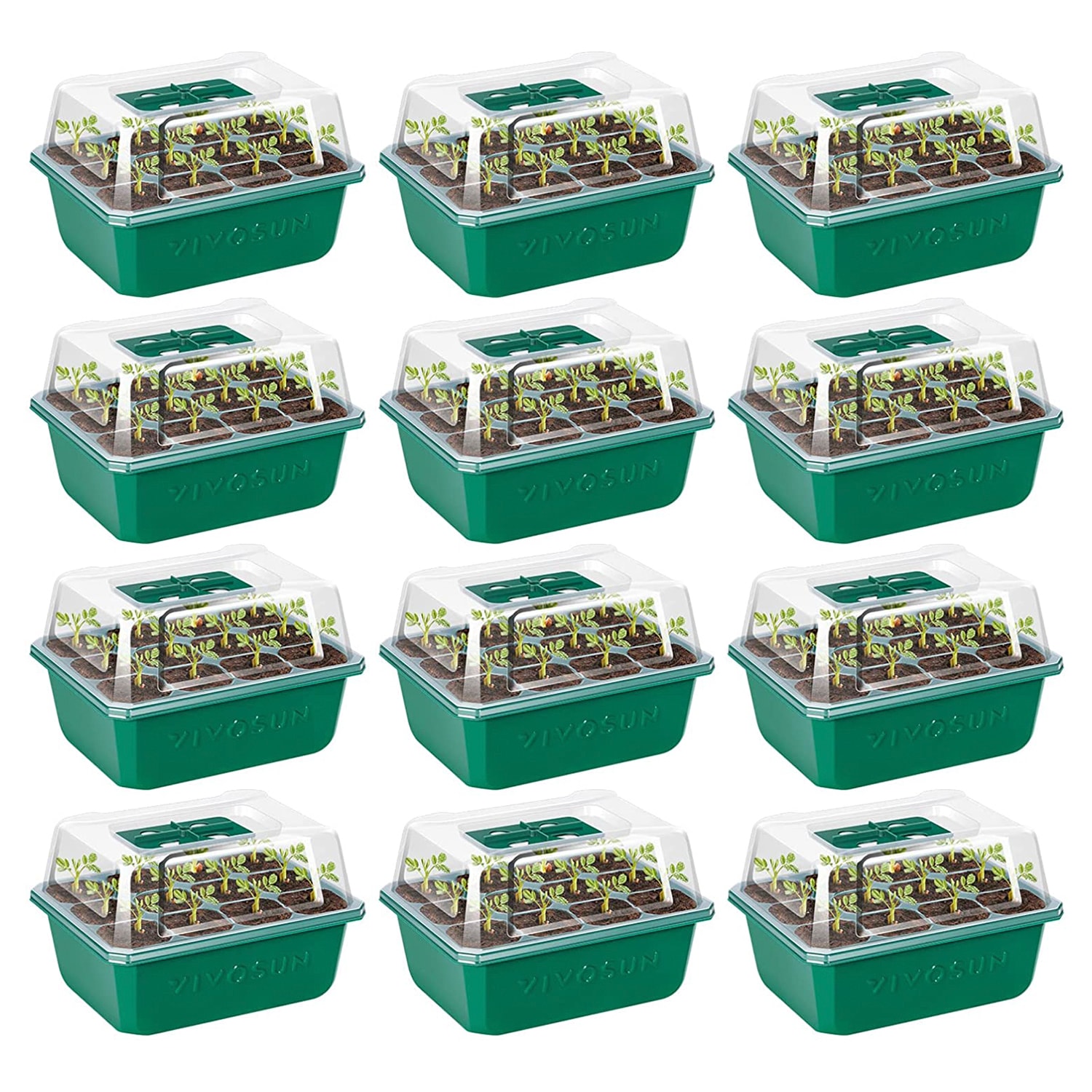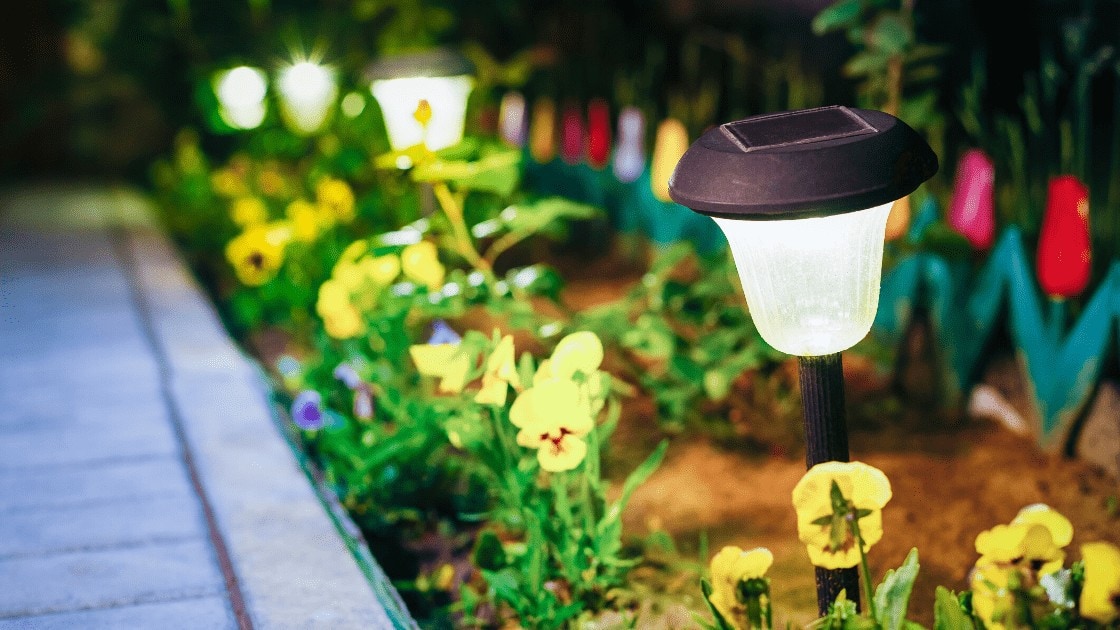
Gardens hold a special place in human society, offering a myriad of benefits that extend beyond their aesthetic appeal. In this article, we will delve into the various reasons why gardens are important. From their environmental contributions to their psychological and emotional impacts, as well as their social, economic, and cultural significance, gardens play a vital role in enhancing our lives. By understanding the multifaceted benefits of gardens, we can better appreciate their value and work toward their preservation and utilization.
What do Gardens Symbolize?
Gardens symbolize a multitude of meanings and concepts, ranging from growth and renewal to harmony and connection with nature. They often represent a space of beauty, tranquility, and personal expression. Gardens can also embody themes of transformation, healing, and the cycle of life, reflecting the human experience and our relationship with the natural world.
The following are examples of the symbolic meaning of gardens:
Browse our Affiliate Products
- Growth and Renewal: Gardens are often seen as symbols of growth and renewal. Just as plants and flowers flourish and renew themselves through the seasons, gardens can represent personal growth, transformation, and the potential for new beginnings.
- Harmony and Balance: Gardens symbolize harmony and balance, reflecting the inherent order and rhythm found in nature. They can evoke a sense of tranquility and peacefulness, serving as a reminder of the importance of finding balance in our lives.
- Connection with Nature: Gardens represent a connection with the natural world. They symbolize our innate desire to be close to nature, to cultivate and nurture living things, and to find solace and inspiration in the beauty of the outdoors.
- Personal Expression: Gardens can be a form of personal expression and creativity. They provide individuals with a canvas to design and create spaces that reflect their unique tastes, preferences, and personalities. Gardens symbolize our ability to shape and mold our surroundings in a way that brings us joy and fulfillment.
- Transformation and Healing: Gardens can symbolize the transformative power of nature and its ability to heal. They represent a place of rejuvenation, where one can find solace, reflection, and restoration. Gardens can be therapeutic spaces that offer a sense of calm and emotional healing
- The cycle of Life: Gardens embody the cycle of life, representing birth, growth, decay, and rebirth. They remind us of the transient nature of existence and the continuous cycle of seasons, mirroring the stages of life and the natural order of the world.
Gardens symbolize growth, renewal, harmony, connection with nature, personal expression, transformation, healing, and the cycle of life. They serve as a powerful metaphor for various aspects of the human experience and our relationship with the natural world.
For continued reading, check out this articles:
Environmental Benefits of Gardens

Gardens have a profound impact on the environment, contributing to its well-being in several ways. They serve as vital habitats for biodiversity, providing shelter and food sources for various plant and animal species. Gardens also play a crucial role in conserving water resources through efficient irrigation methods and rainwater harvesting. Additionally, they act as natural filters, improving air quality by absorbing pollutants and releasing oxygen, thereby reducing the carbon footprint.
Here’s a bulleted list highlighting the environmental benefits of gardens:
- Promotion of biodiversity by providing habitats for various plant and animal species.
- Preservation of ecosystems by contributing to the overall balance of the natural environment.
- Support for pollinators such as bees and butterflies, aiding in the pollination of plants and the production of food.
- Reduction of soil erosion through the establishment of root systems that stabilize the soil.
- Improvement of air quality by absorbing carbon dioxide and releasing oxygen through photosynthesis.
- Mitigation of the urban heat island effect by providing shade and reducing the temperature in surrounding areas.
- Conservation of water by reducing runoff and increasing the infiltration of rainwater into the ground.
- Enhancement of soil health by promoting the accumulation of organic matter and beneficial microorganisms.
- Contribution to sustainable agriculture by promoting the use of organic practices and reducing reliance on synthetic fertilizers and pesticides.
- Reduction of the carbon footprint associated with food transportation through the cultivation of local produce.
- Creation of green spaces that contribute to the overall aesthetic appeal and livability of communities.
These are just some of the environmental benefits that gardens can provide, showcasing their significant role in promoting a healthier and more sustainable environment.
Psychological and Emotional Benefits of Gardens
Gardens have a remarkable effect on our mental well-being. Spending time in gardens has been found to reduce stress levels, enhance mood, and promote relaxation. The soothing and therapeutic qualities of nature found in gardens contribute to improved mental health and overall well-being. Gardens offer a sanctuary for contemplation, self-reflection, and mindfulness. They also provide opportunities for physical exercise, promoting an active lifestyle that positively impacts mental and physical health.
Social and Community Benefits of Gardens
Gardens serve as vital spaces for social interaction and community engagement. Community gardens, public parks, and botanical gardens create opportunities for people to come together, fostering a sense of belonging and unity. Gardens play a crucial role in strengthening community bonds and providing platforms for events, festivals, and educational programs.
They enhance urban spaces, contributing to the overall quality of life in cities and neighborhoods. Gardens also promote cultural diversity, serving as showcases for different horticultural traditions and providing educational opportunities for visitors of all ages.
Economic Benefits of Gardens
The economic benefits of gardens extend beyond their beauty. Gardens boost tourism by attracting visitors who appreciate the natural aesthetics and unique plant collections. They contribute to increased property values, making surrounding areas more desirable for residents and businesses. Gardens also generate employment opportunities in the horticulture, landscaping, and tourism industries. Local markets and businesses benefit from the presence of gardens, as visitors often spend money on nearby accommodations, food, and souvenirs.
Educational Benefits of Gardens

Gardens provide invaluable educational opportunities for people of all ages. Children and adults can engage in hands-on learning experiences, exploring the natural world and understanding the importance of environmental stewardship. Gardens serve as living classrooms, teaching about plant diversity, gardening techniques, and sustainable practices. They also support research and botanical studies, contributing to scientific knowledge and conservation efforts.
Below are more key educational benefits of gardens:
- Hands-on Learning: Gardens provide a hands-on learning environment where individuals can actively engage in the process of planting, nurturing, and harvesting plants. This experiential learning approach enhances understanding and retention of knowledge.
- Science and Environmental Education: Gardens offer opportunities to explore scientific concepts such as plant life cycles, photosynthesis, soil composition, and the interdependence of living organisms. They provide a practical context for understanding environmental issues and fostering a sense of environmental stewardship.
- Health and Nutrition Education: Gardens provide a platform for teaching about healthy eating, nutrition, and the connection between food and well-being. Students can learn about the benefits of fresh produce, explore different types of fruits and vegetables, and understand the importance of a balanced diet.
- Sustainability and Conservation: Gardens promote lessons on sustainability and conservation practices. Students can learn about composting, water conservation, organic gardening methods, and the importance of biodiversity, fostering an understanding of the interplay between human actions and the environment.
- Interdisciplinary Learning: Gardens offer opportunities for interdisciplinary learning, integrating various subjects such as science, mathematics, language arts, art, and social studies. For example, students can measure and record plant growth (mathematics), write descriptive narratives about their gardening experiences (language arts) or create art inspired by the garden (art).
- Problem-Solving and Critical Thinking: Gardens present challenges and problems that require critical thinking and problem-solving skills. Students learn to observe and analyze plant behavior, identify and address issues like pests or nutrient deficiencies, and make informed decisions to optimize plant growth
- Outdoor Education and Connection with Nature: Gardens allow students to connect with nature and experience the benefits of spending time outdoors. This exposure to nature enhances well-being, reduces stress, and fosters a sense of wonder, curiosity, and appreciation for the natural world.
- Entrepreneurship and Business Skills: Gardens can serve as a platform for teaching entrepreneurship and business skills. Students can learn about marketing their produce, managing a small-scale garden business, budgeting, and understanding supply and demand.
Remember, these are just some of the educational benefits that gardens can offer. The specific educational opportunities may vary depending on the size and scope of the garden and the educational goals of the program or institution.
Historical and Cultural Significance of Gardens
Gardens have deep historical and cultural roots. Throughout history, gardens have been symbols of power, prestige, and wealth. They have played significant roles in various cultural and spiritual traditions, representing harmony, balance, and connection with the natural world. Many historical gardens hold immense heritage value, preserving the landscapes and design principles of bygone eras.
Final Thoughts
Gardens encompass a vast array of benefits that make them integral to our lives. Their environmental contributions, psychological and emotional impacts, social and community significance, economic value, educational opportunities, and historical and cultural importance highlight their multifaceted nature.
Understanding and appreciating the diverse benefits of gardens can inspire us to cherish and protect these green spaces. By nurturing gardens, we can cultivate a healthier environment, enhance well-being, foster community connections, stimulate economic growth, promote learning, and preserve our cultural heritage. Let us recognize the profound importance of gardens and strive to create and sustain these invaluable spaces for generations to come.









